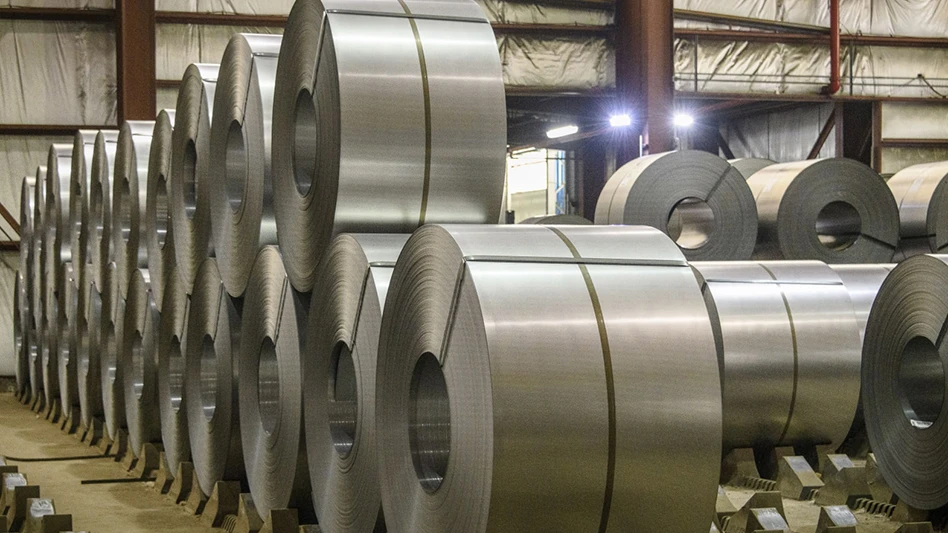There may be different reasons to oppose recycling: One could work at a landfill or for a mining company, for instance.
Others associate the recycling industry with its most visible component—the curbside program—and resent the time and participation required to rinse and sort recyclables.
People with this view are often heard to say that “recycling should occur only when it is efficient, and doesn’t require taxpayers to perform work for the government agencies and private industries using the bottles, cans and papers.”
If one accepts the view of spent resources the way scrap metal dealers traditionally have, however, as a “mine above ground,” then the two sides can find a way to come together.
What recycling then comes down to is finding the most efficient methods to maximize “mined” output without alienating any of the parties concerned, most notably the consumers of the materials (mills, smelters, extruders, etc.) and the generators of the materials (residents, manufacturers, retailers, etc.).
This problem-solving approach has been recognized long before these words were printed, and people and companies throughout the world are spending time, money and effort in the pursuit of advancing it.
There is a staggering array of equipment and planned systems available to help recyclers, generators and consuming mills maximize the value they can receive from the seemingly bottomless “mine above ground” that is the global waste stream.
The 2001 Recycling Today “Separation and Sorting Equipment Guide” provides only a few glimpses at what engineers and entrepreneurs are doing to identify, sort and separate streams of materials to create products that are welcomed by the world’s manufacturers.
The results of their efforts are doing nothing less than building a recycling industry that is indeed viable: one that is acceptable to materials generators, processors and consumers alike.

Explore the May 2001 Issue
Check out more from this issue and find your next story to read.
Latest from Recycling Today
- Magnomer joins Canada Plastics Pact
- Electra names new CFO
- WM of Pennsylvania awarded RNG vehicle funding
- Nucor receives West Virginia funding assist
- Ferrous market ends 2024 in familiar rut
- Aqua Metals secures $1.5M loan, reports operational strides
- AF&PA urges veto of NY bill
- Aluminum Association includes recycling among 2025 policy priorities





